The more I reflect upon Gnosticism, the more I am convinced that in it we have, in fact, the real 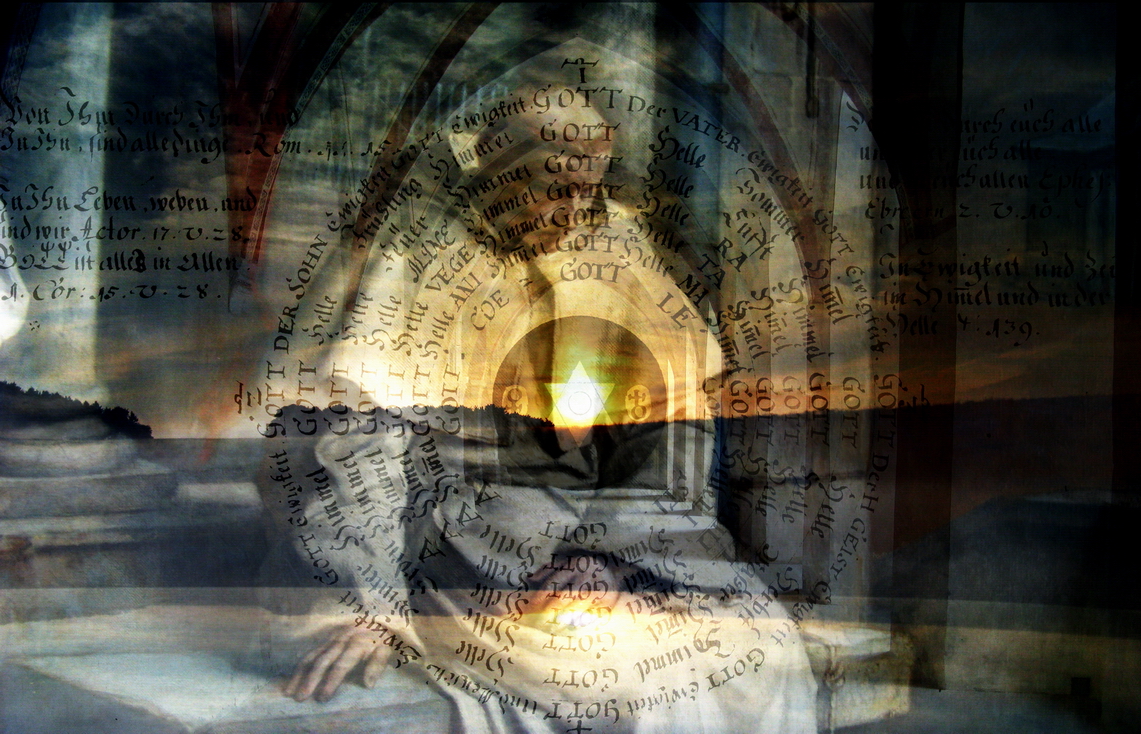 science of antiquity—for a long time almost lost—but, I trust, by means of our oriental discoveries, yet to be recovered. – Godfrey Higgins
science of antiquity—for a long time almost lost—but, I trust, by means of our oriental discoveries, yet to be recovered. – Godfrey Higgins
In Anacalypsis: an Attempt to Draw Aside the Veil of the Saitic Isis, 33rd Degree Freemason and Knight, Sir Godfrey Higgins had claimed that much of the ancient mysteries and sciences of the world that he discovered in the course of his many years of research, were simply based on the teachings of Gnosticism, and the great teachers of all time were all Gnostics. He even calls the Church Father, St. Irenaeus a Gnostic who was actually one of the most famous Christians to battle the many Greco-Egyptian Gnostic groups of his time, and he even wrote the most famous book against his foes; Against Heresies, to refute their teachings. A time I have dubbed Gnostic Liars and Gnostic Vs. Gnostic.
Higgins had written;”If we turn our minds back to what we have seen, we shall find with the Romish church every rite of Paganism; every thing which has been disguised by being charged to the Gnostics is found there, without a single exception.
Irenaeus was evidently a Gnostic.
If he were not, how came he to place the Zodiac on the floor of his church? A part of which, not worn away by the feet of devotees, is yet remaining. He was of the sect of the Christ not crucified. How is all this to be accounted for, except that what the first Christian fathers all taught was true, namely, that there was an esoteric and an exoteric religion?
A great part of what I have unfolded, indeed almost the whole of it, applies to the Gnostics;
that is, to the Jesus described by the disputed chapters of Matthew and Luke—to Jesus of Bethlehem. St. Paul preaches, in a very pointed manner, Christ crucified; this was in opposition to the Christ not crucified of the Gnostics; and, in later times, of the Manichaeans and Mohamedans. Gnosticism was the secret religion of the conclave. They had Jesus of Bethlehem for the people, Jesus of Nazareth for the conclave and the cardinals. For the people, they had and have Jesus crucified for the conclave, Jesus not crucified.
This will appear to many persons at first absolutely incredible. Most fortunately the church has been guilty of the oversight of letting the passage of Irenaeus escape. One of the earliest, most celebrated, most respected, and most quoted authority of its ancient bishops, saints, and martyrs, tells us in distinct words, that Jesus was not crucified under Herod and Pontius Pilate, but that he lived to be turned fifty years of age.
This negatives the whole story of Herod and Pontius Pilate. This he tells us on the authority of his master St. Polycarp, also a martyr, who had it from St. John himself, and from all the old people of Asia. It will, perhaps, be said, that Irenaeus was a weak old man. He was not always old, and he must have heard this when young, under his master Polycarp, and have retained the knowledge of it during his whole life, and thus must have had plenty of time to inquire into the truth of what he had heard; and, weak or not, he was a competent witness to the dry matter of fact, viz, that he was told it by St. Polycarp and the elders of Asia.
The escape of this passage from the destroyers can be accounted for only in the same way as the passage of Minutius Felix. Two passages escaped, among, probably, thousands destroyed, of which we know nothing, under the decrees of the Emperors, yet remaining, by which they were ordered to be destroyed.
We have seen great numbers of remains of the mythos of the different incarnations of the Buddhas, Cristnas, Salivahanas, &c, in India, recurring again and again in each cycle, as foretold by the Cumaean and Erythraean Sibyl, before the time of Christ. We have seen all the things which happened to the Xpsij-oj foretold before his birth. We have seen that the mythos of the crucifix was common to all nations, before the time of Jesus of Nazareth, from Thule to China.
Whenever our travellers in India found any nations holding the doctrines of this universal mythos, the history of Adonis or Tammuz, which, of course, though substantially the same, vary in the detail, they instantly determined them to be corrupted Christians. A similar effect took place in Italy.
The ancient proofs of this mythos were either destroyed as corruptions, or adopted: the latter was the case in vast numbers of very ancient crucifixes and paintings of the Bambino, on which may be seen the words Deo Soli. Now these two words can never apply to Jesus Christ. He was not Deus Solus in any sense, according to the idiom of the Latin language and the Romish faith. Whether we construe the words to the only God, or to God alone, they are equally heretical. No priest in any age of the church would have thought of putting them there. But finding them there, they tolerated them.
Without examination they took for granted that they could apply to no one but their God, and endeavoured to explain away their Unitarian meaning as well as they were able. These considerations most satisfactorily account for the disappearance of the heathen crucifix in Italy, India, and Britain. Where it was not destroyed it was adopted. The passage of Minutius Felix places its existence out of reasonable doubt.
Upon the fire tower at Brechin, described in my Celtic Druids, pp. xlvi., xlvii., plate 24, we have the man crucified and the Lamb and Elephant. As I have said there, I thought these completely proved the modern date of the tower, but I now doubt this; for we have, over and over again, seen the crucified man before Christ. We have also found “the Lamb which takcth away the sins of the world” among the Carnutes of Gaul, before the time of Christ. And when I couple these and the Elephant, or Ganesa, and the ring, and its cobra, Linga, Iona, and Nandies, found not far from the tower on the estate of Lord Castles, with the Colidei, the Island of Iona and Ii, and the Hebrew names, &c, found in Wales, I am induced to doubt my former conclusion. The Elephant, the Ganesa of India, is a very stubborn fellow to be found here. The ring, too, when joined with the other matters, I cannot get over. All these superstitions must have come from India whilst the Hebrew, that is, Celtic language, was in use.
That the ideas of the Trinitarian character of the Deity should be taken from the doctrines of the ancient philosophers, will surprise no one who considers how much they are praised by the most respectable of the Christian fathers—I speak of Clemens Alexandrinus, Justin, Ammonius Saccas, Origen,&c. Clemens expressly says, that the rudiments of celestial wisdom, taught by Christ, may be found in the philosophy of the Greeks; this is Esoteric Christianity. And Justin says, that Socrates was a Christian, and that, before the advent of Jesus Christ, philosophy was the way to eternal life. He calls it Msyig-ov xTTjjaa, “a thing most acceptable in the sight of God, and the only sure guide to a state of perfect felicity.” The opinion of the early fathers on this subject may be seen at length in Vol. II. of Vidal’s translation of the Commentaries of Mosheim, note, p. 114.
The division of the secret Christian religion into three degrees, the same as the division at Eleusis, namely, Purification, Initiation, and Perfection, described in my first Volume, p. 822, is of itself sufficient under the circumstances to prove the secret religions of the Christians and Gentiles to be the same.
In Mosheim’s Commentaries, Cent. H., may be found almost innumerable proofs, that a double meaning was universally, or very nearly universally, acknowledged to be contained in the gospel histories, until after the middle of the second century. But it is Mosheim’s object to represent this as an innovation, introduced about that time; he therefore very skilfully assumes that no Christian writers before the time of Justin held this doctrine, though he is obliged to admit that it was held by Philo and the Jews.
Mosheim must have well known, that the double meaning was held by all authors whom we possess before the year 150, as well as, I believe, by all after it, for many years. I challenge any polemic to produce to me the undisputed work of any author before that year, in which it is not expressly supported. But I object to pretended quotations from the works of the ancients by Paulites. If the reader will peruse Mosheim’s Commentaries, keeping in mind that his object is to represent the Arcani discipline, or, as he calls it, that more secret and sublime theology styled by Clement of Alexandria yvwa-tg, as a new doctrine, he must, I am certain, be obliged to see that Mosheim most abundantly, but unwillingly proves, that it was the received doctrine from the beginning, and no new thing. In fact, the literal exposition was not adopted by the higher classes of society, till all classes were equally degraded in intellect; then the literal meaning of both the Old and New Testaments was, for the first time, received by the higher ranks; and the existence of a secret doctrine began to be denied.
The favourite objects with Ammonius, as appear from the disputations and writings of his disciples, which I stated in Volume I. pp. 824, 825, were those of not only bringing about a reconciliation between all the different philosophic sects, Greeks as well as barbarians, but also of producing a harmony of all religions, even of Christianity and Heathenism, and of prevailing on all the wise and good men of every nation to lay aside their contentions and quarrels, and to unite together as one large family, the children of one common mother.
With a view to the accomplishment of these ends, therefore, he maintained, that divine wisdom had been first brought to light and nurtured among the people of the East by Hermes, Zoroaster, and other great and sacred characters; that it was warmly espoused and cherished by Pythagoras and Plato, among the Greeks; from whom, although the other Grecian sages might appear to have dissented, yet that with nothing more than the exercise of an ordinary degree of judgment and attention, it was very possible to make this discordance entirely vanish, and shew that the only points on which these eminent characters differed were but of trifling moment, and that it was chiefly in their manner of expressing their sentiments that they varied.1 Surely nothing could be more desirable than the objects aimed at by Ammonius, or more deserving of the exertions of a good man.
Amidst all the confusion of sects, two leading doctrines may be perceived—that of those who held the literal meaning, at the head of which was Paul; and that of those who held the allegorical or learned, of which were Pantfenus, Clemens, Origen, Justin, Philo, and Plato.
In reply to these observations I shall have some foolish explanations pointed out to me, given by or attributed to Clemens, Origen, &c, of the allegories. This mode of treating the subject may serve to blind readers of little thought, but can never change the facts, either that allegory, i. e. parabolic reasoning, was meant, or that it was attributed to these writings by the first Christians. The foolishness of the explanations (probably only given as a matter of state policy) may be fairly urged against admitting allegory, but against the fact that the writings were intended to be allegorical, it can never be urged.
The more I reflect upon Gnosticism, the more I am convinced that in it we have, in fact, the real science of antiquity—for a long time almost lost—but, I trust, by means of our oriental discoveries, yet to be recovered.
Perhaps, from being placed in a situation to take a bird’s eye view of its various departments, we may be better qualified to form a just estimate of it than any of our predecessors for some thousands of years past. In order to do this, we must, I think, divest our minds of the respect with which we have been accustomed to look upon the early Christian authorities, and to consider them as in reality no better guides than we consider the leaders of our sects of Ranters, Jumpers, and genuine Calvinists; and, I apprehend, though a Wilberforce and a Halhed may sometimes be found in modern, as an Origen and Clemens Alexandrinus were in ancient times, yet no philosopher will think of placing even those persons in the same grade of intellect with the learned and profound Locke, or the unlearned glove-maker of Salisbury,2 or the printer of America.
Ammonius Saccas, the greatest of the early fathers, held Jesus Christ in veneration, as a person of a divine character and a teacher of celestial wisdom. It was not till after the time of Justin Martyr that the Paulites of Rome began to prevail against the philosophers of Alexandria, where, in its catechetical school, the original Chrestianity was taught; and from the hands of such men as Plato, Philo, Pantaenus, and Ammonius, it fell into the hands of such men as Calvin, Brothers, Wilberforce, and Halhed; and the consequence was, that instead of a religion of refined philosophy and Wisdom, it became a religion of monks and devil-drivers, whose object, by the destruction of books and their authors, was to get the upper hand of those they could not refute, and to reduce all mankind to their own level. With these people, the popes, who were equally desirous of power, formed an alliance, and, to conceal this, fabricated the Acts of the of the Apostles, the Latin character of which is visible in every page: for a proof of this, Mr. Evanson’s Dissonance of the Gospels may be consulted.
The sect of early Christians, the lowest in intellect of all, having, with the assistance of an unprincipled conqueror, obtained possession of the supreme authority, did precisely what the followers of Cranmer, the Ranters, and the Calvinists, would do at this day if they had the power,— they destroyed all their superiors in science, and burnt their books; and we, following after them, being in fact their children, inherit their confined and mistaken views. Our minds, by the viciousness of our education, are unable to form a correct estimate of our own feebleness; and until we are convinced of this truth, we shall in vain endeavour to search after the lost science of antiquity.
I have found the difficulty of unlearning the false learning of my youth, much greater than that of acquiring the real learning which I possess.
SOURCE: From Anacalypsis: an Attempt to Draw Aside the Veil of the Saitic Isis by Sir Godfrey Higgins (Page 131)

Moe is the founder of GnosticWarrior.com. He is a father, husband, author, martial arts black belt, and an expert in Gnosticism, the occult, and esotericism.

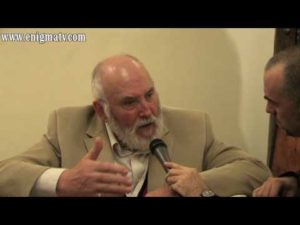
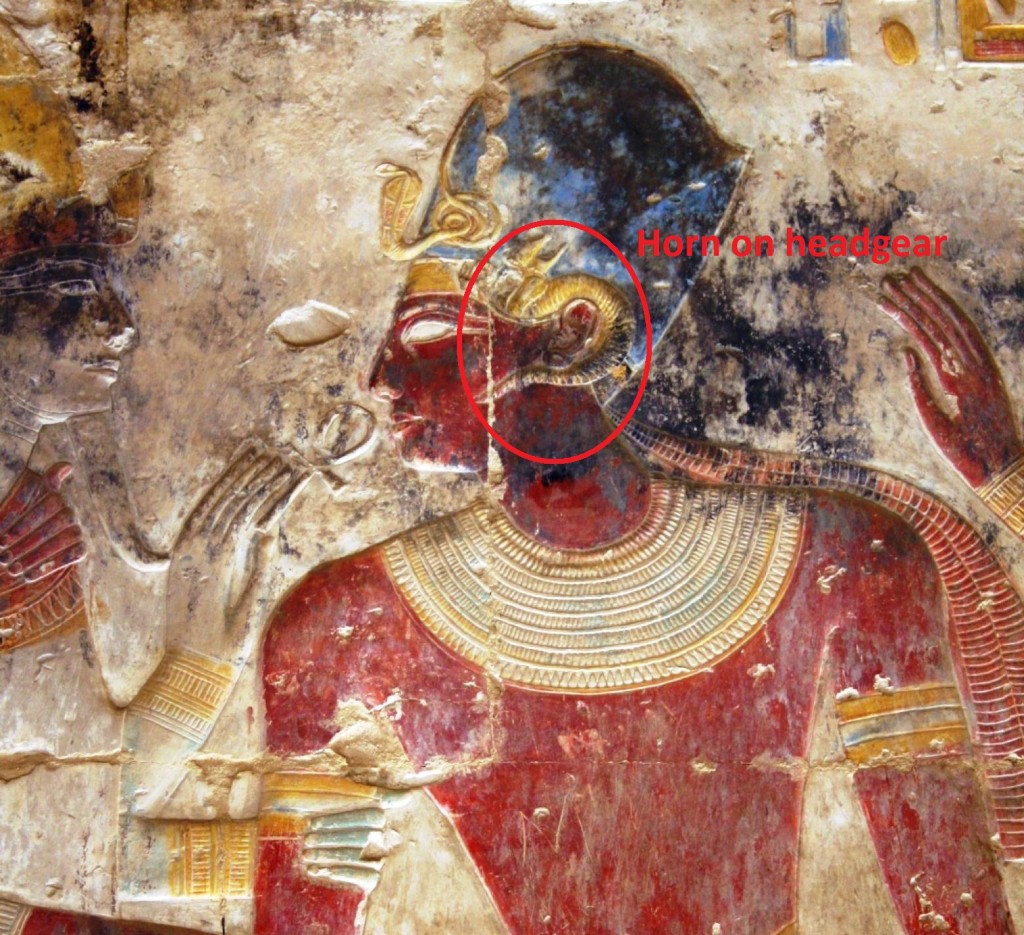

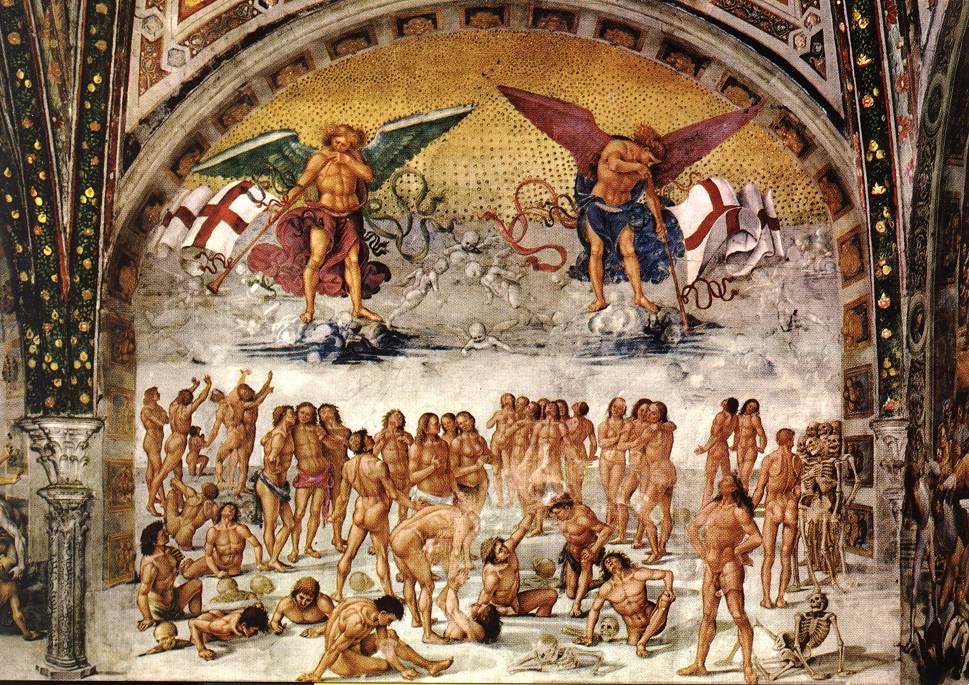
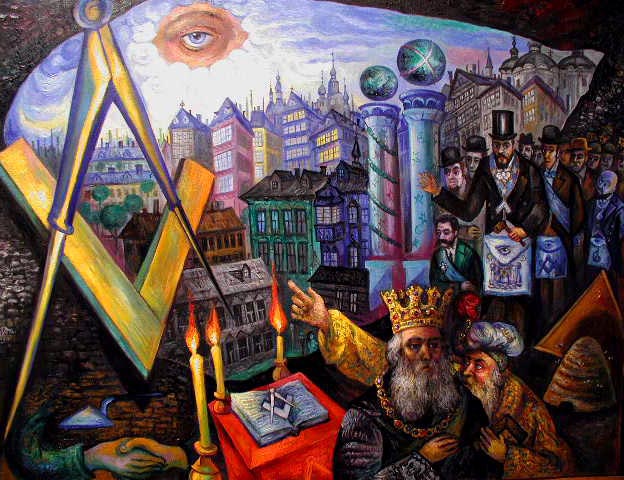



Truth has been hidden, true seekers must shine light upon it wherever it is found.